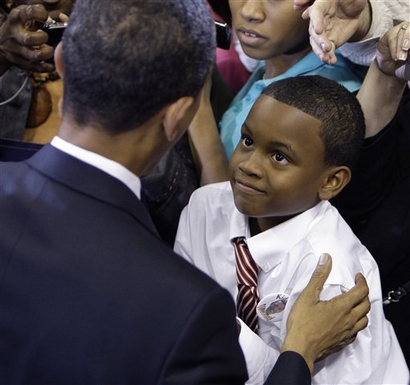From a NYT Interview with Eric Schmidt, Google’s CEO.
Q. Earlier this week, Google walked away from an advertising partnership with Yahoo, after the Justice Department said it was planning to block it on antitrust grounds. Yahoo said it would have defended the deal in court and that it was disappointed you chose not to. Was Google less committed to this deal than Yahoo?
A. We were unsuccessful in convincing the Justice Department of something which we strongly feel, which is that providing better value to advertisers would have occurred by virtue of this deal. We concluded after a lot of soul-searching that it was not in our best interest to go through a lengthy and costly trial which we believe we ultimately would have won.
Q. This is the first time that regulators have gotten in the way of a Google deal. Are you concerned that, as many antitrust experts believe, this will happen more frequently now? And if so, was it a mistake for Google to propose the deal in the first place?
A. We have no regrets about attempting to do the right thing from our perspective. With change comes risks. This is a risk that we understood. Now you ask a hypothetical question, which is, Given that that event has occurred, is there another scenario? We don’t see one right now, but you never know.
Q. Will Google think differently about deals after this incident?
A. Probably not. I think that this was a unique situation.


